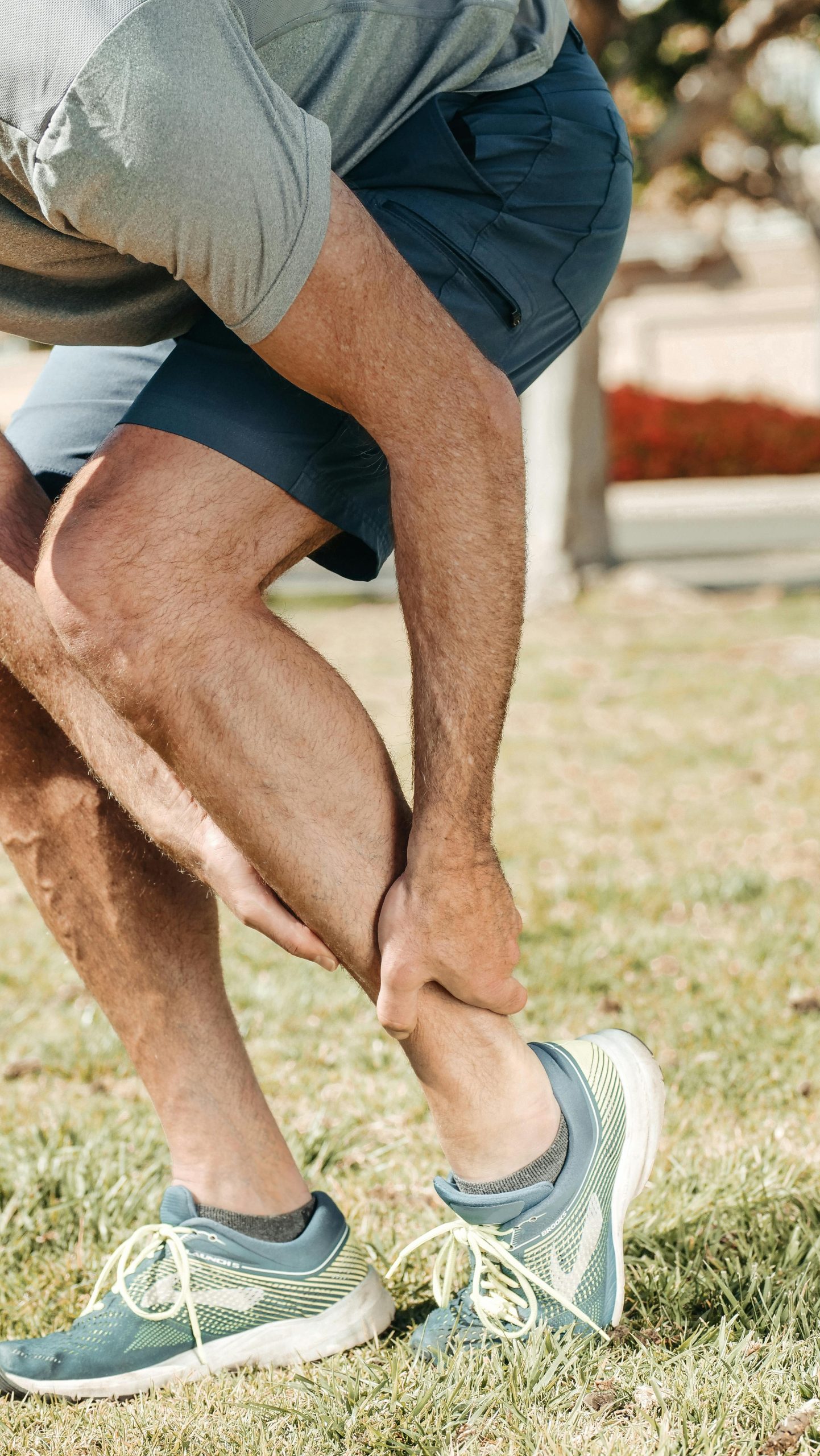Understanding Post-Repair Vehicle Issues After a Traffic Accident
Navigating the aftermath of a vehicular collision can be challenging, especially when unforeseen complications arise following repairs. An individual recently shared their experience where, after being rear-ended and undergoing repairs, their vehicle refused to start, and insurance companies declined responsibility for the new issue.
The Sequence of Events
A few weeks ago, the car owner was involved in a rear-end collision. The at-fault driver’s insurance accepted liability and directed the vehicle to an approved repair facility. The primary focus was on fixing the rear bumper and the backup camera, with diagnostics indicating the car was in perfect running condition prior to the repairs.
Extended delays ensued during the repair process, but eventually, the vehicle was declared ready. However, upon pickup, the owner discovered the car would no longer start. The repair shop attributed this new problem to electrical wiring issues, which they claimed were beyond their scope. Shockingly, the shop refused to take responsibility, stating the owner would have to cover the cost of towing and repairs independently.
Pre-accident, the vehicle was functioning flawlessly, with no issues other than the broken backup camera. The owner contacted the insurance provider of the at-fault driver, only to be told that their responsibility had ended, leaving the vehicle immobilized and the owner facing unexpected expenses.
Potential Next Steps and Considerations
This situation raises important questions about liability, repair accountability, and the rights of vehicle owners in such scenarios. If you find yourself in a similar predicament, consider the following options:
-
Document Everything: Keep detailed records of repairs, communications with repair shops, and insurance correspondence.
-
Seek a Third-Party Inspection: Hire an independent mechanic to assess the vehicle and identify the cause of the new electrical issues.
-
Contact Your Insurance Company: Even if they weren’t initially involved, your own insurer may provide guidance or assistance.
-
File a Complaint or Seek Legal Advice: If the repair shop refuses to take responsibility for damages caused during repairs, consulting a legal professional can help determine whether you have grounds for a claim.
-
Review Insurance Policies and Consumer Rights: Understand your rights regarding post-repair damages and liability coverage.
Final Thoughts
Dealing with unexpected vehicle problems after a collision repair can be frustrating and complex. It’s essential to stay informed, advocate for yourself, and explore all avenues to resolve the issue. If you’ve faced similar challenges, sharing your experiences and solutions can be invaluable to others navigating these stressful



